Stuck in Limbo: Modern day slavery and illegal migration to the UK
How has the recent rise in irregular migration and government intervention affected people on the ground?
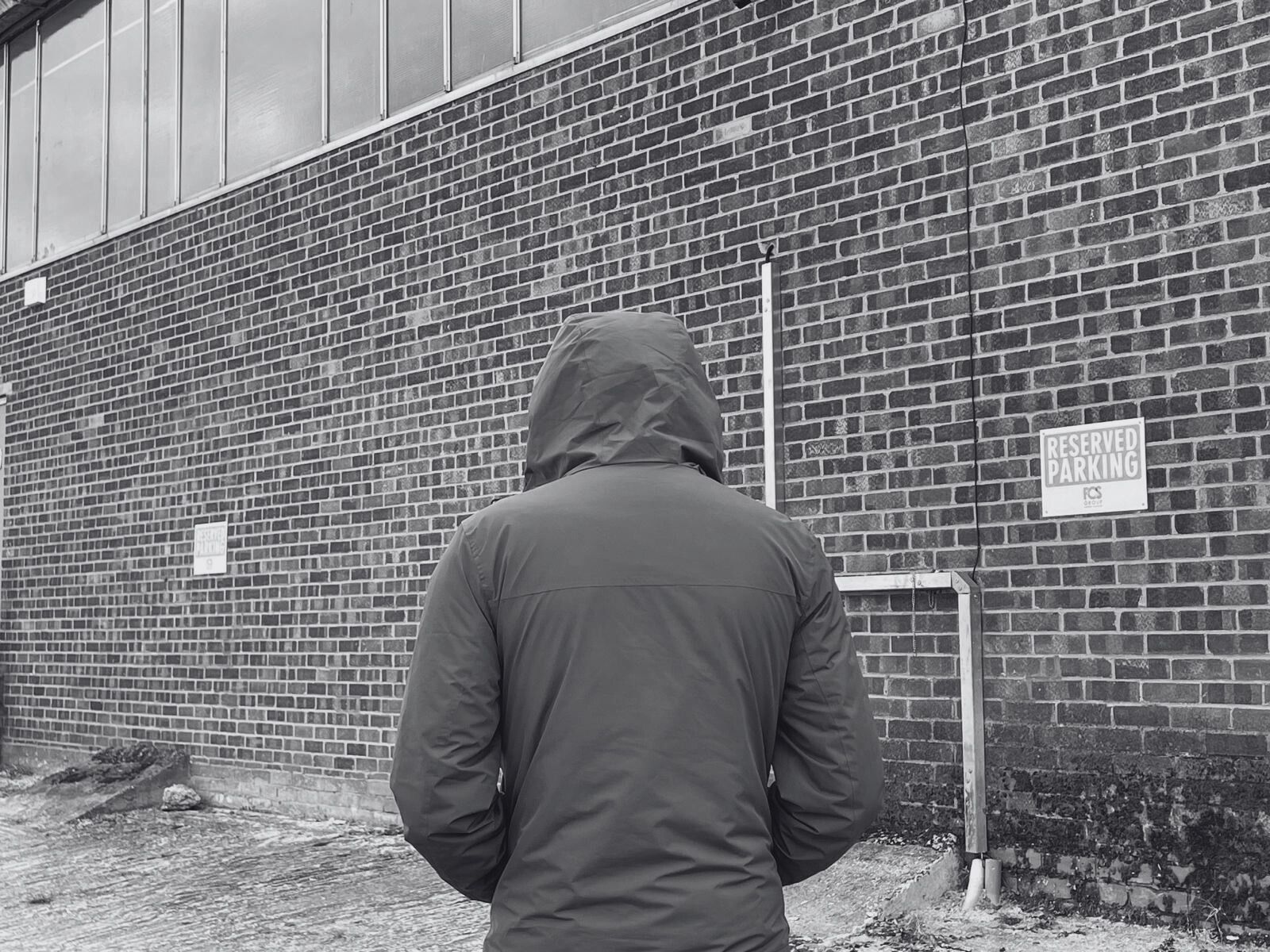
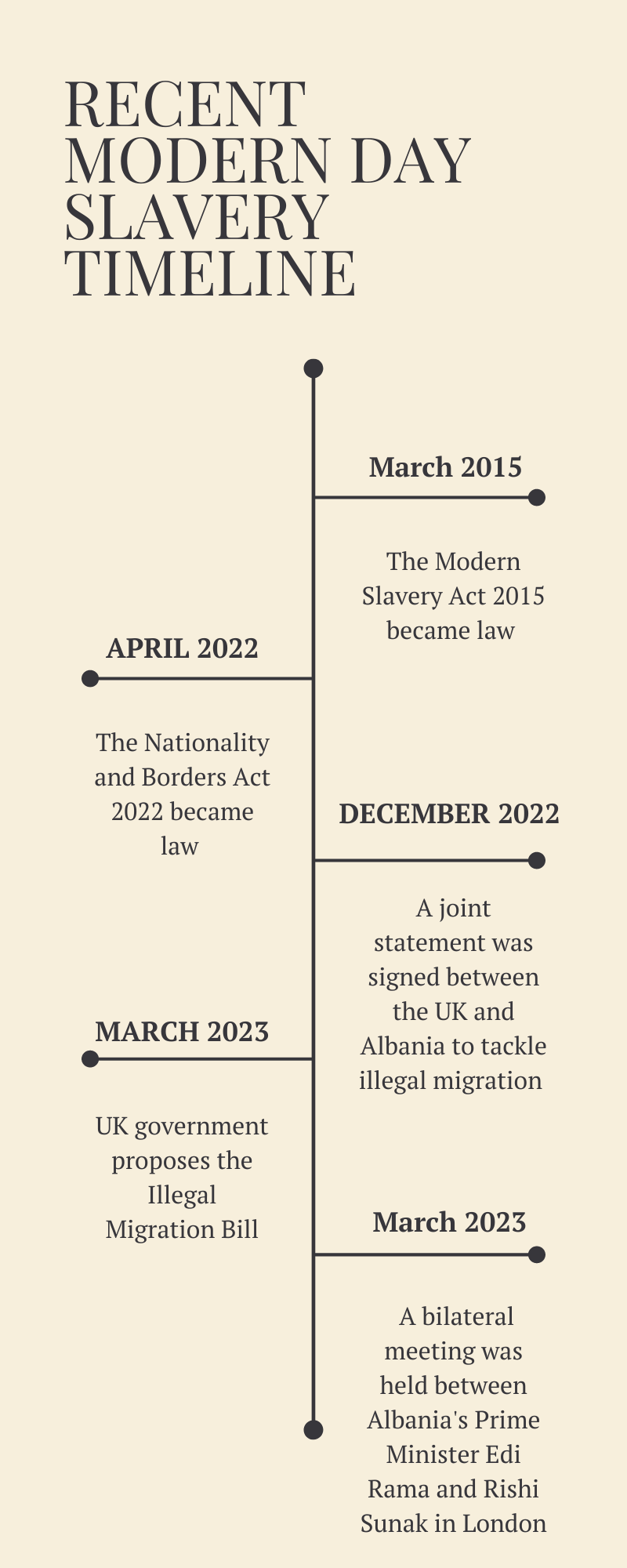
The issues surrounding small boat arrivals, illegal migration, and modern day slavery in the UK have exploded in the last few months.
Suella Braverman told the Home Affairs Committee, in November 2022, that Albanians were the foreign group most referred to the authorities to be potential victims of modern day slavery.
12% of the Albanian citizens arriving to the UK via small boats were referred to the UK's modern slavery system, in 2022.
She said: "We see a lot of them making modern slavery claims, claiming to be victims of trafficking."
The Home Secretary's comment angered many modern day slavery and asylum charities, while hinting at further action from the government.
Rishi Sunak and Albania's Prime Minister Edi Rama met in March 2023 and agreed to deepen their work including agreements on data sharing and passports.
The government proposed the Illegal Migration Bill, in March 2023, which would mean someone who has entered the UK irregularly, and is identified as a potential victim, is returned home or to another safe country.
The highly controversial bill has not yet become law yet, but is in the House of Lords.
Potential victims of modern day slavery must be referred to the Home Office through a process called the 'National Referral Mechanism' (NRM) but what does that process actually look like and what does life in limbo look like, while waiting for a decision from the Home Office?
Suella Braverman discussing Albanians and modern slavery decision delays Home Affairs Committee, 23 November 2022 Source: parliamentlive.tv
Suella Braverman discussing Albanians and modern slavery decision delays Home Affairs Committee, 23 November 2022 Source: parliamentlive.tv
Government data shows a sharp rise in the number of small boat arrivals since 2020.
Small boat arrivals have increased by over 400% in just two years.
This rise is partly what led the Home Secretary to talk of an "invasion on our southern coast" in the House of Commons, on 31 October 2022.
Of these small boat arrivals a high proportion claimed asylum, however far fewer arrived with modern slavery claims.
Asylum and modern day slavery are separate claims that can be made to the Home office.
Asylum claims can be made by people seeking protection from violence or persecution in their home country, but modern day slavery claims can only be made by people experiencing slavery or trafficking.
Modern slavery victims from other countries often make asylum claims and are referred to the NRM system.
Only 3,011 small boat arrival submitted both an asylum application and a NRM referral, whilst 38,177 only submitted asylum claims, in 2022.
Although the number remains much lower in comparison to asylum only claims, the rise from 10 referrals, in 2018, to 3,011 is drastic.
Although these arrivals remain low, in comparison to asylum only claims, the government has chosen to pass the Illegal Migration Bill to lower these numbers.
The average time taken from referral to conclusive grounds decision (stage one to stage four of the graph below) was up to 543 days in 2022 from 356 days in 2018, according to government data.
How has new legislation and increased decision times affected people on the ground?
Below is the story of someone currently going through the NRM process and an interview with an anti-slavery charity.
Article sections
National Referral System
The National Referral System is the government's mechanism to find and support modern day slaves, but what is it and how does it actually work?
Victim's story
A 22-year-old man, trafficked to the UK from Albania, details his experiences and struggles through the NRM system.
Anti-slavery charity story
Anti-Slavery International's UK and Europe Advocacy Manager talks about the work they do and their response to the government 'Illegal Migration Bill'.
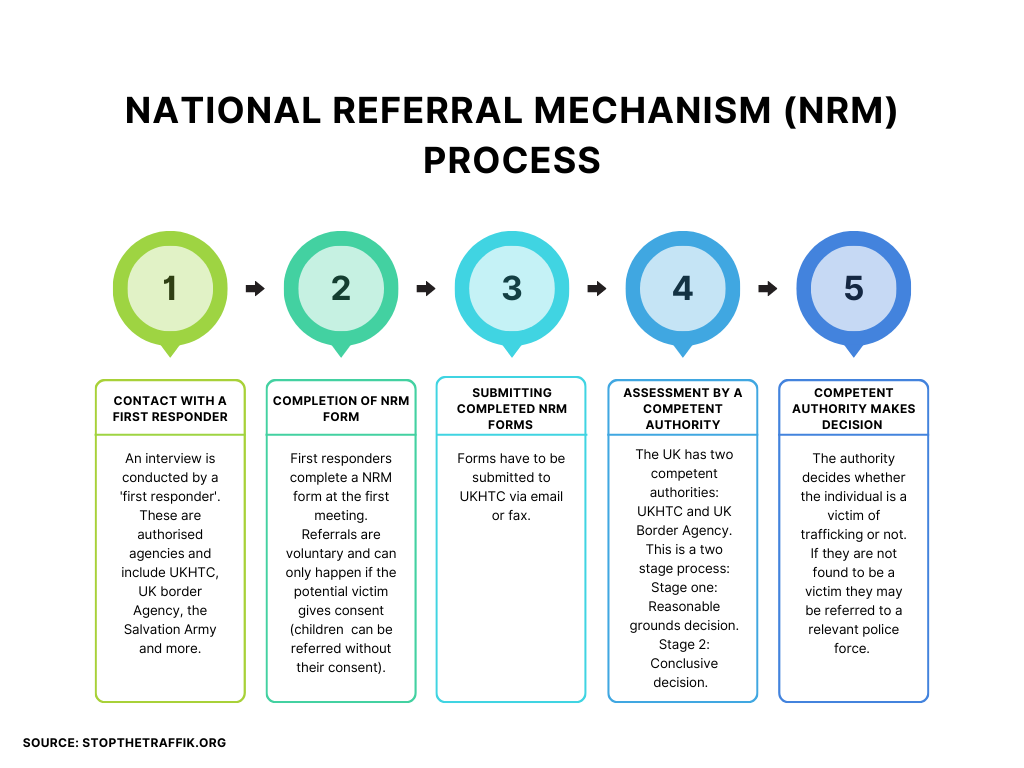
The National Referral Mechanism (NRM) was set up by the government in 2009 to identify and support victims of trafficking and modern day slavery in the UK.
Stage four and five of the process are more detailed and explained below:
STAGE FOUR:
The UKHTC deals with referrals from local authorities, the police, or NGO's.
The UK Border Agency deals with referrals that are part of an immigration process. For example, migrants who have entered the UK on small boats and were then referred.
A reasonable grounds decision must be made within five days and is based on "from the information available so far I believe but cannot prove."
A conclusive decision must then be made and is the final call from the competent authority. The government target for this is 45 calendar days, however this target has failed to be reached, due to delays.
Delays have partly been caused by the large increase of applications outstripping Home Office resources.
STAGE FIVE:
The competent authority will make its final decision and share this with the potential victim.
People found to be victims can receive possible leave to remain or receive help to return home.
People not found to be victims may be referred to the UK Border Agency or a police force.


Human trafficking victim's story
Jon (not his real name), 22, said he had no desire to come to the UK but he was trafficked to the UK when he was 19 years old, in 2019.
He said: "I was trafficked to England from Albania, I did not know the people who trafficked me."
He was made to do forced labour for no pay and endure harsh conditions.
He added: "I was physically and mentally tortured."
When asked why he didn't go to the police or seek help he explained the conditions meant he was being watched and did not know where to turn to.
He said: "I didn’t know the rules firstly, and if I did know them nobody would let me go because I was trafficked.
"People were watching every move I made."
Jon was caught by police in 2021 and then referred to the NRM system.
"When I first came into the Home Office's hands they just put my tag on, did some interviews, and they didn’t say anything else.”
He explained the difficulties he has faced whilst waiting to go through each stage of the NRM process.
Jon completed his 'reasonable grounds decision' interview in April 2023 and is still waiting for a response.
A positive response would mean he continues to the 'conclusive decision stage' and a negative response would see him taken back home or to another country.
"They told me they cannot give me any information in regards to this interview, not even when I can expect to hear a response back, just to wait."
Restrictions whilst waiting for a decision
Potential victims of modern day slavery do not have the right to work in the UK and do not receive financial assistance or housing from the government.
"I worked in the dark because I had to.
"They [the Home Office] won’t give any response on what they will do with me.
“They won't give me the right to work or anything, and if they did I would go and work, as a person has to.
"So I have been forced to do this just to survive and live."
Jon also explained the difficulty he has faced when finding housing, as landlords were hesitant to take him in without a right to work.
He explained he has been receiving help from friends and other Albanians he has met since coming here.
There are a number of charities that help victims of trafficking and slavery in the UK but Jon explained he did not know about them.
“I have not contacted any charities as I did not know.
"They [the Home Office] have to tell me if there are these sorts of organisations.
"The Home Office needs to explain these things because I do not know them."
Jon said that the NRM process and dealing with the Home Office had added to his emotional and psychological stress.
“I had enough stress already and this has given me more stress, now I can’t fall asleep at night."
The UK's sharp rise in claimants from abroad, especially Albania, has confused lots of experts but Jon thought his story may be the case for other people too.
“I don't know the histories of each other person but I believe what happened to me has happened to others.”
“For a lot of people it is a big problem in Albania."
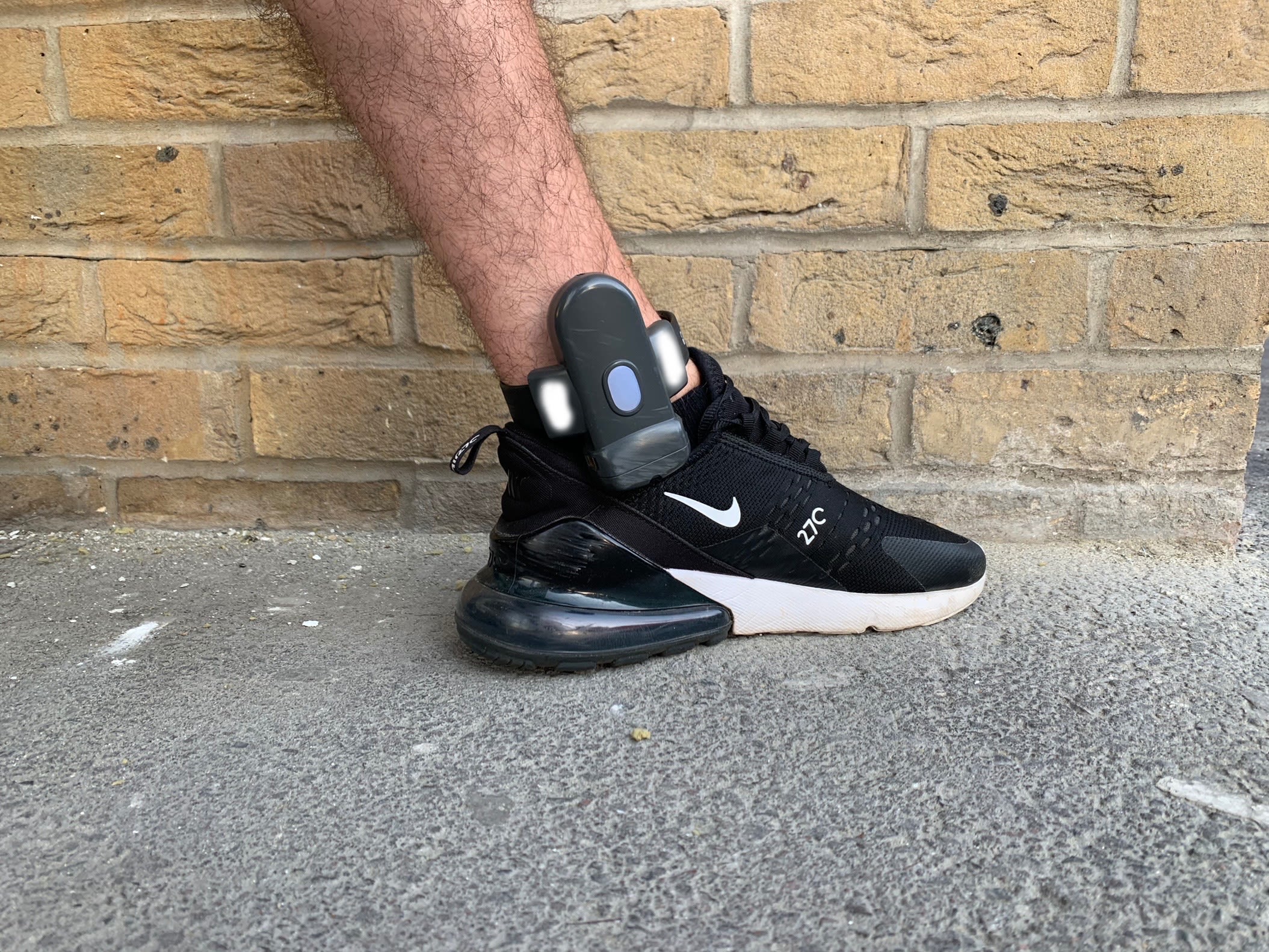


Anti-slavery charity
Anti-Slavery International's UK and Europe Advocacy Manager spoke about the NRM process and his organisation's disapproval of the government's Illegal Migration Bill.
Jamie Fookes explained that the UK has increased its ability to identify victims of modern day slavery.
Fookes said: "There has been a technical rise."
In 2022, 3,011 arrivals by small boats had an asylum claim and NRM referral.
Fookes said: "What was quite common is for modern slaves to apply for asylum because asylum is a really effective way of regulating their status, without having to be detained or deported."
The NRM system is facing huge backlogs, with the mean number of days for the Home Office to reach a conclusive grounds decision hitting 566 days in January-March 2023.
Fookes said: “People are often stuck in limbo in the national referral system and going through the NRM is a little bit more of an arduous process.
"Sometimes often the first thing that a supporter or solicitor will do would be to lodge an asylum claim."
This long process has been extended by an increase in referrals and over stretched first responders.
Fookes said: "First responders have high caseloads at the moment.
"Just earlier this year the Salvation Army, which is the largest NGO first responder, had to suspend doing first responder referrals for a few months because they didn't have the capacity.
"So those people aren't just taking any old claim and flinging it into the national referral system."
As the government pushes through with the Illegal Migration Bill, Fookes called for a different change to the system.
Fookes said: "The system needs a reform but not the kind of reform the government has proposed.
"Essentially what is happening is the government is prioritising immigration enforcement above and beyond every other possible policy.
"Therefore it is kind of pursuing this kind of hostile environment policy, whether or not victims lives are turned upside down as a result of it."
The Illegal Migration Bill would send victims of modern day slavery back to their country or another safe country, if they entered the UK through an irregular way.
Fookes said: "This bill is a very terrifying piece of legislation for us who work in the sector.
"When it passes, that's when it's going to be sort of trying to work out how we move forward as organisations who are here to try and make sure the lives of the survivors and victims of modern slavery are bearable and they are able to escape exploitation.
"We will be in a completely different system when this legislation gets implemented.”
Image credit: Credit: Faltrego Ltd for Anti-Slavery International and the Anti-Trafficking Monitoring Group.
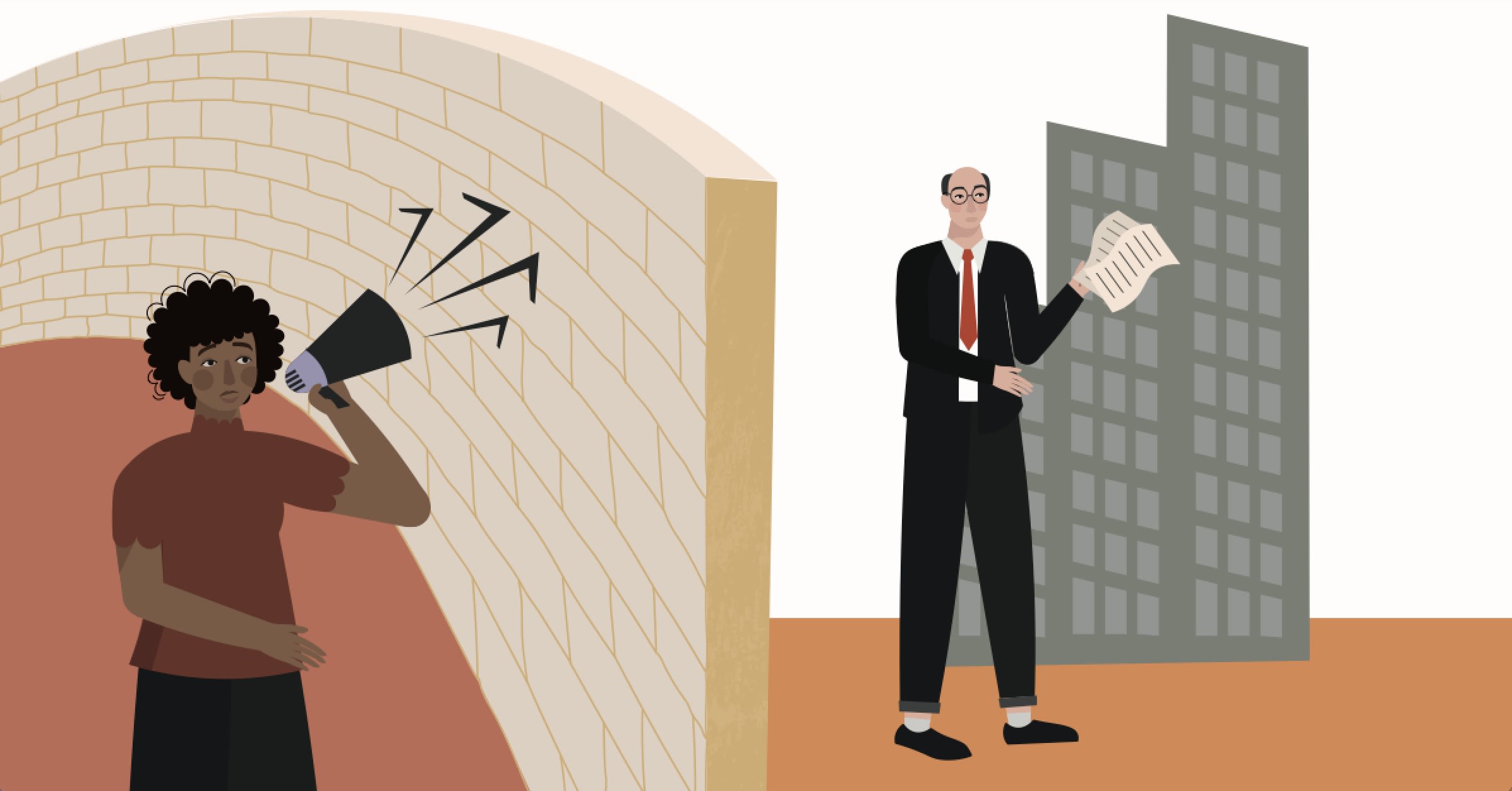

Home Office Statement
A Home Office spokesperson said: "Modern slavery is a barbaric crime, and the National Referral Mechanism provides support to thousands of genuine victims of modern slavery each year.
"The Illegal Migration Bill is necessary to stop the boats, and the modern slavery measures in the Bill will remove incentives for individuals to enter the country illegally."
The Home Office added that they do not comment on individual cases and that their modern slavery legislation gives law enforcement agencies the power to impose maximum life sentences for perpetrators.
They also added that the National Referral Mechanism identifies and supports potential and confirmed adult victims of modern slavery. They are connected with appropriate support, including through the government funded Modern Slavery Victim Care Contract (MSVCC).
